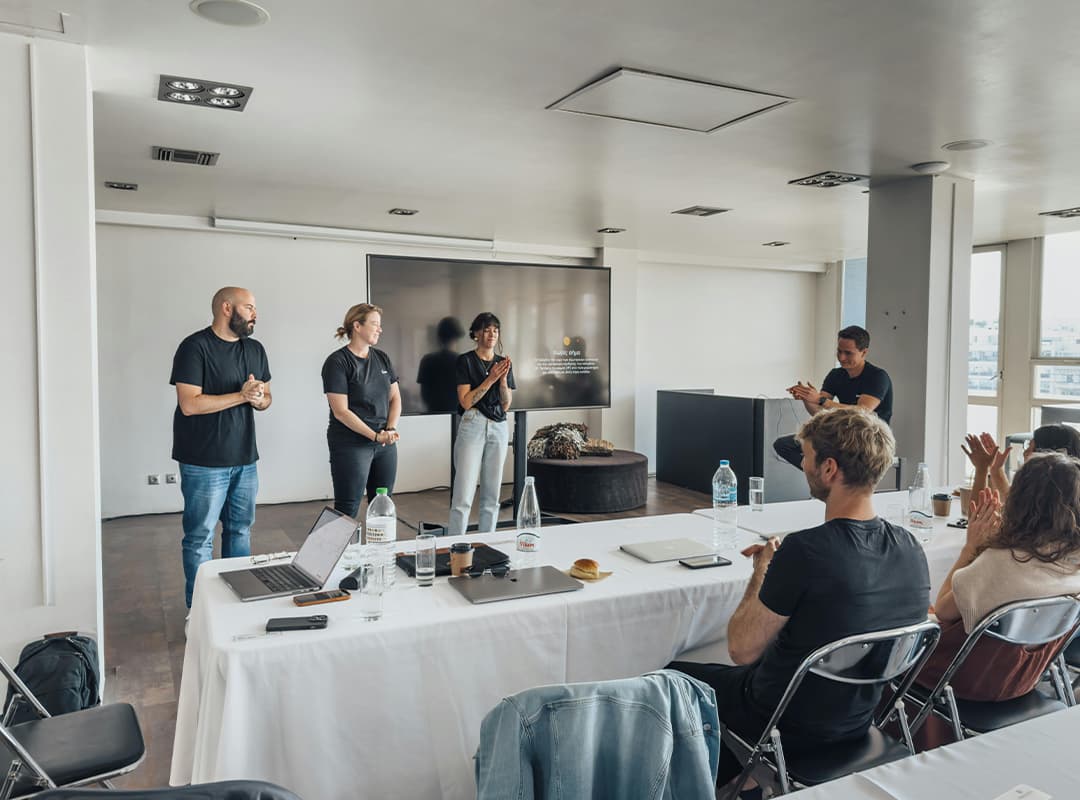The Logan Nonfiction Program, traditionally held on the scenic 100-acre campus of the Carey Institute for Global Good in upstate New York, offers two fellowship sessions each year—fall (October–December) and spring (February–April). Each session hosts 10–20 nonfiction writers, documentary filmmakers, photojournalists, podcasters, and multimedia creators, providing them with lodging, meals, workspace, professional guidance, and a collaborative community. Fellowships typically last between 5–10 weeks.
However, in response to the uncertainties surrounding COVID-19, the Spring 2021 session will be conducted virtually.
Virtual Fellowship Overview
The virtual fellowship runs for 5 weeks and offers a rich array of opportunities to support creative and professional growth. Fellows will benefit from:
- One-on-one mentoring sessions with leading experts in their fields.
- Skill-building workshops and panel discussions featuring accomplished journalists and filmmakers.
- Virtual film screenings to inspire and engage.
- Peer-to-peer mentoring with fellow participants to foster collaboration.
- Access to virtual co-working spaces to maintain focus and productivity.
- Opportunities to connect in informal virtual social spaces and during social hours.
Spring 2021 Fellowship Dates
- Session I: April 5 – May 10
- Session II: May 11 – June 15
Eligibility Criteria
The Logan Nonfiction Program is open to:
- Nonfiction writers
- Photojournalists
- Documentary filmmakers
- Podcasters and radio reporters
- Multimedia creators
Applicants must be actively working on a long-form project, such as an article, book, film, podcast, or similar work. While applications from academics and non-professional journalists are welcome, the intended audience for the project should be the general public.
The program prioritizes projects addressing urgent global issues, including but not limited to:
- Conflict and security
- Democracy and governance
- Education
- Environment and climate change
- Food security
- Gender, race, sexual orientation, disability, and intersectionality
- Health and inequality
- Media and journalism
- Social justice
- Sustainability and resilience
Fellows are selected based on the quality, relevance, and promise of their work, as well as their professional experience.
Commitment to Diversity and Inclusion
The Logan Nonfiction Program is dedicated to fostering a diverse and inclusive community of fellows. The Carey Institute does not discriminate based on race, creed, color, religion, national origin, gender identity, sexual orientation, marital status, physical ability, veteran status, or any other protected category.
Our facilities are wheelchair-accessible, with accommodations such as handrails in resident bathrooms. Applicants with specific accessibility needs are encouraged to contact the program manager with any questions.
Application Process
- Deadline for Spring Virtual Fellowship: February 1 (midnight EST)
- Applications must be submitted online and include all required attachments.
- Applications are reviewed by a rotating selection committee, which shortlists candidates. Finalists are reviewed and approved by the Advisory Board.
Notifications
- Successful applicants for the Spring Fellowship will be notified by early March.
Fees and Financial Information
There is no application fee for the Logan Nonfiction Program. Accepted fellows do not pay tuition or residency fees. However, participants are responsible for funding their own travel if attending in-person sessions in the future. Please note, the fellowship does not provide stipends or grants.
For additional details, apply today and take the next step in advancing your nonfiction storytelling journey!
